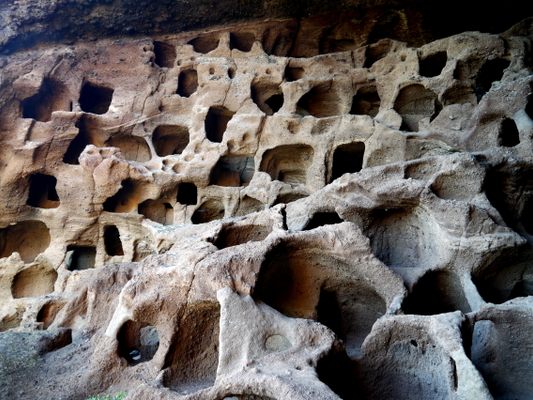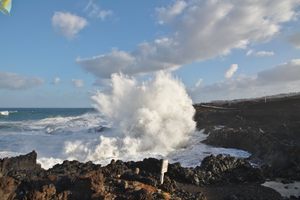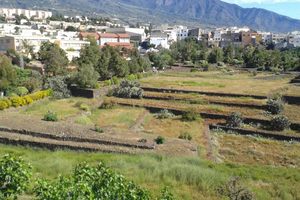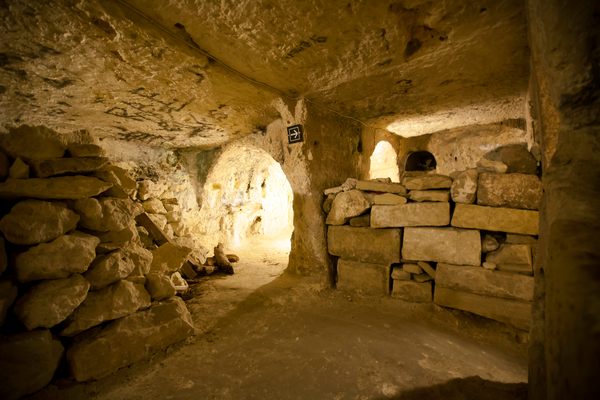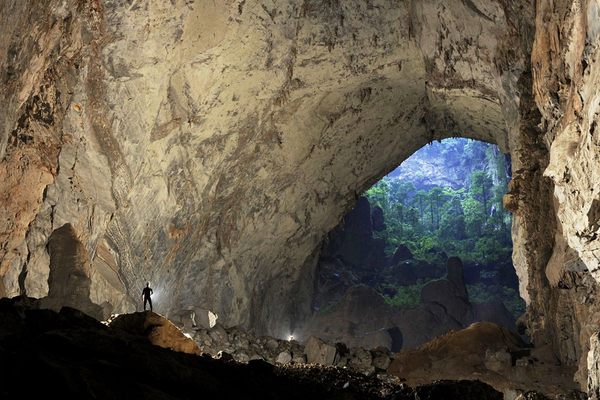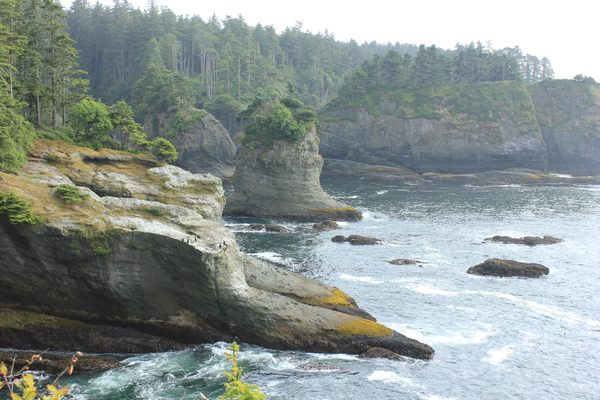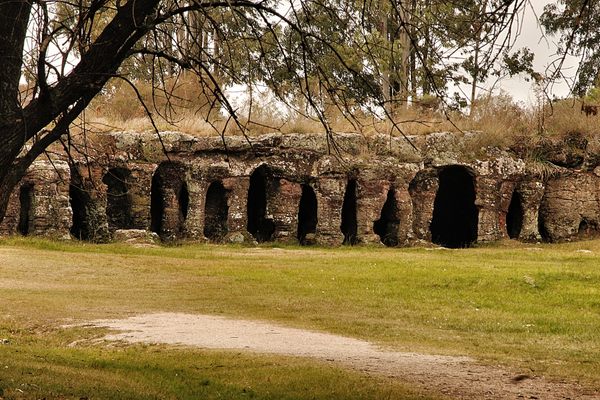About
High above a canyon, the Cenobio de Valeron is an impressive network of somewhere between 200 and 300 caves spread out over eight floors that were used as granaries. Connected by passages and steps and once flanked by high, looming towers, according to old accounts that have been preserved from the time of the Spanish conquest, the Cenobio de Valeron are spotted with round and rectangular chambers that were once dug by hand with animal bones and rocks as instruments.
It makes sense that the original Aborigines that populated this area would use this site, which was formed by a volcanic eruption and hardened over centuries, to house their grains and feed. The area could be - and was - easily defended and the natural shelter provided ideal an idea temperature and level of humidity for this kind of use.
The Cenobio de Valeron remains largely unchanged, though a railed stairway has been added to aid visitors to the site, which is open to the public. While visitors are allowed - and encouraged - to come and see the Cenobio de Valeron, the individual chambers remain off limits because of safety and preservation concerns. A locked gate keeps people out when a guard is not on duty.
While the granaries were once a storehouse for animal feed and threshed grain, it has also been theorized that some of the larger chambers at Cenobio de Valeron were used to house young women who were awaiting marriage. Human bones and ashes have been found at the site, along with pottery and other artifacts from life at the time, but they may have belonged to those who were responsible for guarding the granary.
Today, the site belongs to the municipality of Santa Maria de Guia, but is protected by royal decree, which named the Cenobio de Valeron a heritage site in 1978.
Related Tags
Know Before You Go
Cenobio de Valerón is in the municipality of Santa María de Guía, on the northern slopes of the island. The caves are found on the left side of Calabozo valley, high on a rock face of Mt. Gallego. The site is easily reached either from the town of Guía or from the GC-2 dual carriageway (Las Palmas-Agaete). Turn-offs to the site are clearly sign-posted. There is a parking area in front of the entrance.
Community Contributors
Added By
Published
July 17, 2011



